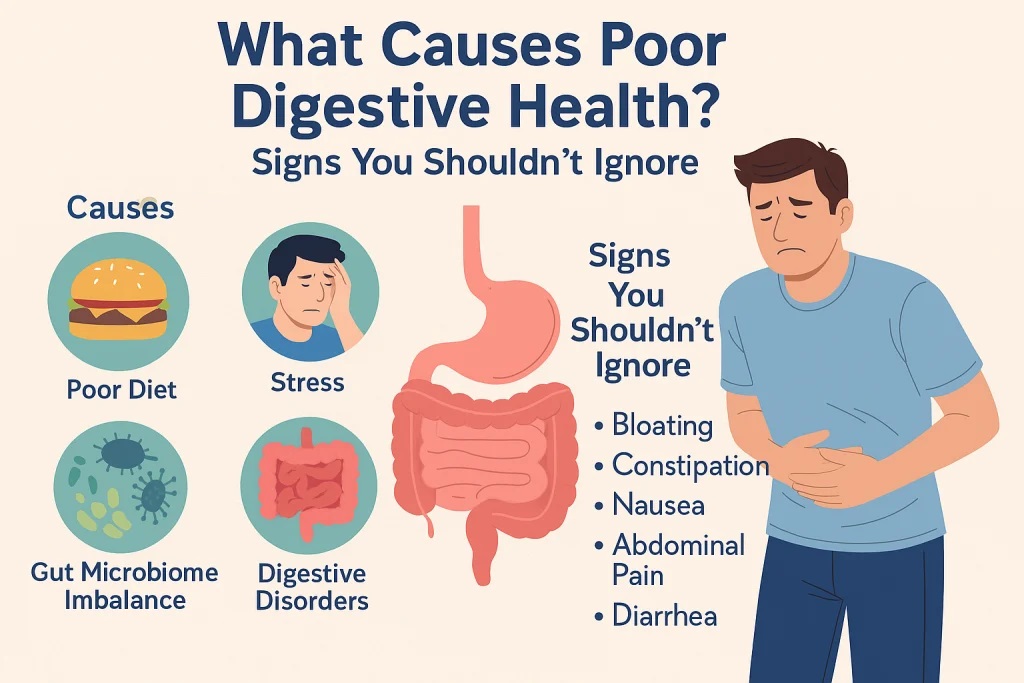Weight loss can be a challenging journey filled with obstacles, setbacks, and confusing information. Many New Yorkers find themselves trying various diets and exercise regimens without seeing the results they desire. This frustration leads to discouragement and sometimes abandoning healthy habits altogether.
LocalMD NYC offers personalized weight loss solutions based on medical science and individual health profiles, addressing the specific factors that may be hindering your progress. Their team of healthcare professionals understands that effective weight management requires more than just generic advice about diet and exercise.
The clinic provides comprehensive evaluations that consider medical history, metabolism, hormonal balance, and lifestyle factors that influence weight. This medical approach enables patients to overcome plateaus and achieve sustainable results where other methods have failed.
Understanding Weight Loss Challenges
Weight loss is a complex process influenced by numerous physiological, psychological, and environmental factors. Many individuals face obstacles that can make achieving and maintaining weight loss difficult despite their best efforts.
Common Barriers to Losing Weight
Lack of time is one of the most frequently cited obstacles to weight loss. Many people struggle to fit regular exercise and meal preparation into their busy schedules.
Unrealistic expectations can also derail weight loss efforts. When individuals don’t see dramatic results quickly, they may become discouraged and abandon their plans.
Dietary misinformation presents another significant challenge. With contradicting advice from various sources, many people follow ineffective or unsustainable eating patterns.
Social and environmental factors play crucial roles as well. Family gatherings, workplace treats, and dining out can make it difficult to maintain dietary discipline.
Physical limitations such as joint pain, mobility issues, or chronic conditions may restrict exercise options, making it harder to create the calorie deficit needed for weight loss.
The Role of Metabolism in Weight Loss
Metabolism refers to the chemical processes that maintain life by converting food into energy. Basal metabolic rate (BMR) accounts for 60-70% of daily calorie expenditure and varies significantly between individuals.
Several factors influence metabolic rate:
- Age (metabolism typically slows 2-3% per decade after 30)
- Muscle mass (more muscle burns more calories)
- Genetics (can affect efficiency of calorie burning)
- Hormonal balance (especially thyroid function)
Weight loss itself can temporarily slow metabolism. This “metabolic adaptation” occurs as the body attempts to conserve energy when calorie intake decreases.
Personalized Weight Loss Solutions at LocalMD NYC
LocalMD NYC offers individualized approaches to weight management based on scientific evidence and medical expertise. Their team of specialists creates customized plans that address the unique health profile, lifestyle, and goals of each patient.
Comprehensive Health Assessments
At LocalMD NYC, the weight loss journey begins with a thorough health assessment. Medical professionals evaluate vital metrics including BMI, body composition, metabolic rate, and hormone levels to identify underlying factors affecting weight.
Tailored Nutrition Plans
LocalMD NYC nutritionists develop personalized eating strategies based on assessment results and individual preferences. Each plan balances caloric intake with nutritional requirements to create sustainable eating habits.
The nutrition programs accommodate dietary restrictions, food allergies, and cultural preferences while maintaining focus on weight loss goals. Patients receive detailed meal planning guides, grocery lists, and recipes designed for their specific needs.
Medically Supervised Weight Loss Programs
LocalMD NYC offers physician-monitored weight loss programs that may include FDA-approved medications when appropriate. These programs combine pharmaceutical support with lifestyle modifications for enhanced results.
Weekly or bi-weekly check-ins with medical providers ensure safety and effectiveness throughout the weight loss process. Vital signs and side effects are carefully monitored, with treatment plans adjusted as needed.
The clinic provides behavioral health support to address emotional eating, stress management, and motivation maintenance. Patients benefit from accountability partnerships with healthcare professionals who track progress and celebrate milestones along the way.
Medical Treatments and Professional Guidance
Prescription Medications for Weight Management
FDA-approved medications are now available for patients struggling with obesity or weight-related health conditions. These medications work through various mechanisms including appetite suppression, reduced fat absorption, or metabolic regulation.
Common Weight Management Medications:
- GLP-1 agonists: Semaglutide, Liraglutide
- Lipase inhibitors: Orlistat
- Combination therapies: Phentermine-topiramate, Naltrexone-bupropion
Insurance coverage varies, and patients should discuss potential side effects and monitoring requirements with their physician.
Sustainable Lifestyle Changes for Lasting Results
Achieving and maintaining weight loss requires fundamental changes to daily habits that can be sustained over time. These adjustments should seamlessly integrate into your life, creating a foundation for long-term health rather than temporary results.
Incorporating Physical Activity
Physical activity is essential for weight management and overall health. The American Heart Association recommends at least 150 minutes of moderate aerobic activity or 75 minutes of vigorous activity weekly, plus muscle-strengthening exercises twice weekly.
Starting Small Works:
- Begin with 10-minute activity sessions
- Gradually increase duration and intensity
- Add movement throughout your day (taking stairs, walking meetings)
Tracking progress helps maintain motivation. Simple tools like pedometers or fitness apps can monitor improvements and celebrate milestones.
Building Healthy Habits
Sustainable eating patterns focus on balance rather than restriction. The Mediterranean diet and DASH diet consistently rank as effective approaches for long-term health and weight management.
Practical Dietary Changes:
- Increase vegetable and fruit consumption
- Choose whole grains over refined carbohydrates
- Include lean proteins and healthy fats
- Practice portion control
Meal planning and preparation significantly improve dietary consistency. Setting aside time weekly to plan meals can prevent impulsive, less nutritious choices.
Managing Stress and Sleep
Stress management directly impacts weight management success. Chronic stress triggers cortisol production, which can increase appetite and abdominal fat storage.
Effective Stress-Reduction Techniques:
- Daily meditation or deep breathing exercises
- Regular physical activity
- Time in nature
- Pursuing hobbies and social connections
Quality sleep is equally crucial for weight management. Research shows that adults who sleep fewer than 7 hours nightly tend to have higher BMIs and greater difficulty losing weight.
Expertise and Experience of LocalMD NYC Team
The medical professionals at LocalMD NYC bring over 25 years of combined experience in weight management and metabolic health. Their team includes board-certified physicians, registered dietitians, and certified fitness specialists who work collaboratively on each patient’s case.
Dr. Sarah Chen, the clinic’s medical director, completed specialized training in obesity medicine at Cornell Medical Center. Her approach integrates the latest evidence-based practices with personalized care plans.
Each patient receives a thorough metabolic assessment using advanced diagnostic tools that measure body composition, metabolic rate, and hormonal factors. This data-driven approach allows the team to identify specific barriers to weight loss.
The clinic stays current with emerging research, regularly updating their protocols to incorporate new medical findings. Their practitioners participate in ongoing education through professional organizations like the Obesity Medicine Association.
FAQs
What methods can help overcome a weight loss plateau?
Weight loss plateaus occur when the body adapts to reduced calorie intake and increased activity levels. Reassessing caloric intake is essential, getting adequate sleep and managing stress levels also contribute significantly to breaking through plateaus.
Can certain medications interfere with weight loss efforts?
Several medications can affect weight management through various mechanisms. Antidepressants, antipsychotics, beta-blockers, and certain diabetes medications have been associated with weight gain in some patients.
How does one’s metabolism impact their ability to lose weight?
Metabolism encompasses all biochemical processes that convert food into energy. Basal metabolic rate (BMR) accounts for approximately 60-75% of daily calorie expenditure and varies based on age, gender, muscle mass, and genetics.
Are there any effective weight loss support groups or counseling services available?
Support systems significantly improve long-term weight loss success rates. LocalMD NYC offers structured group programs led by registered dietitians and behavioral health specialists.






